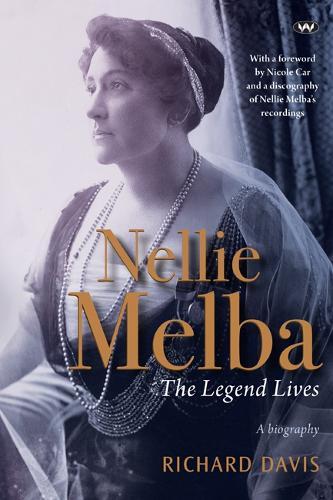Colonial Ambition: Foundations of Australian democracy
MUP, $39.95 pb, 596 pp
Colonial Ambition: Foundations of Australian democracy by Peter Cochrane
This book is an account of politics in Sydney during the 1840s and 1850s. Occasionally, the story reaches into the depths of urban life, with descriptions of what Peter Cochrane calls ‘the city’s thick web of political conversation’. But Cochrane is mainly interested in the political leadership, and he has a small number of once celebrated men – William Charles Wentworth, Robert Lowe, Henry Parkes, Charles Cowper and a few others – carrying most of the action.
The latter begins with the meeting in 1843 of the first Australian legislature that might be called representative. There were thirty-six members, and two-thirds were elected on a fairly wide property franchise. The rest, including all the senior members of the government were chosen by the Crown. Wentworth, who represented Sydney, was a leading man from the beginning, and his battle with Governor Gipps accounts for most of the early drama. Arguments were mainly about who was to control the colony’s resources of land and revenue, an important matter for everyone possessed of a little property. Then, during the early 1850s, the colonists were authorised by the British government to draw up a Constitution under which their own elected representatives might take charge of all internal administration. Wentworth was once again the dominant figure, and he wrote the Constitution. The result was responsible government, much as we have today, except that anything resembling foreign affairs (now Canberra’s province) remained an imperial matter.
Continue reading for only $10 per month. Subscribe and gain full access to Australian Book Review. Already a subscriber? Sign in. If you need assistance, feel free to contact us.















Leave a comment
If you are an ABR subscriber, you will need to sign in to post a comment.
If you have forgotten your sign in details, or if you receive an error message when trying to submit your comment, please email your comment (and the name of the article to which it relates) to ABR Comments. We will review your comment and, subject to approval, we will post it under your name.
Please note that all comments must be approved by ABR and comply with our Terms & Conditions.